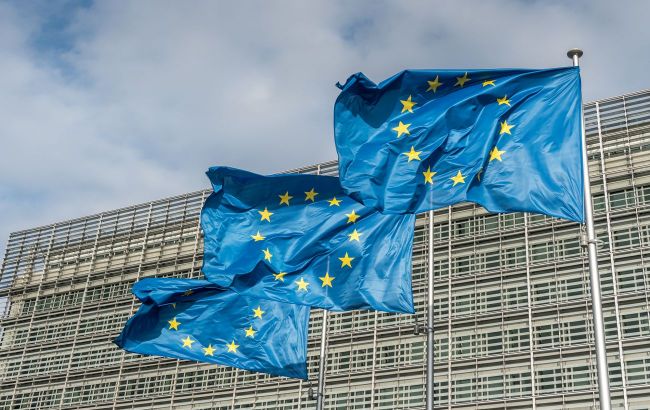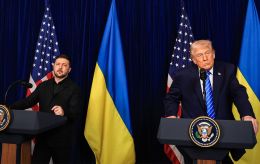EU demands explanations from Hungary on visa facilitation for Russians
 Illustrative photo (Getty Images)
Illustrative photo (Getty Images)
The European Union has expressed concern over Hungary's decision to ease visa rules for citizens of Russia and Belarus, fearing that this could increase the risk of espionage within the bloc, according to Euractiv.
Hungarian Prime Minister Viktor Orbán, who remains one of the few EU leaders to maintain close ties with the Kremlin after Russia's full-scale invasion of Ukraine in 2022, recently signed a decree expanding an accelerated visa program to eight countries, including Russia and Belarus. Previously, this program granted "national cards" only to citizens of Ukraine and Serbia, allowing them to work in Hungary.
The European Parliament has voiced serious concerns that the relaxed rules could create "grave loopholes for espionage activities." EU Commissioner for Home Affairs Ylva Johansson agreed with these concerns and sent a letter to the Hungarian government requesting answers by August 19.
Orbán also enraged his EU colleagues when he visited Moscow on July 5 to meet with Russian dictator Vladimir Putin, just days after Hungary assumed the presidency of the EU Council for six months.
Hungary eases entry rules for Russians and Belarusians
Following Orbán's visit to Moscow, Hungary eased entry conditions for citizens of Russia and Belarus. Budapest included citizens of these countries in the so-called national card program, which is granted for two years with the possibility of extension for those who wish to work in Hungary.
RND described Hungary's actions as a provocation, emphasizing that they have caused discontent within the EU and pose a security threat.
The EU quickly reacted to Hungary's actions. The head of the largest party in the European Parliament, the European People's Party, Manfred Weber, called for urgent measures against Hungary over the issuance of visas to Russian citizens.

